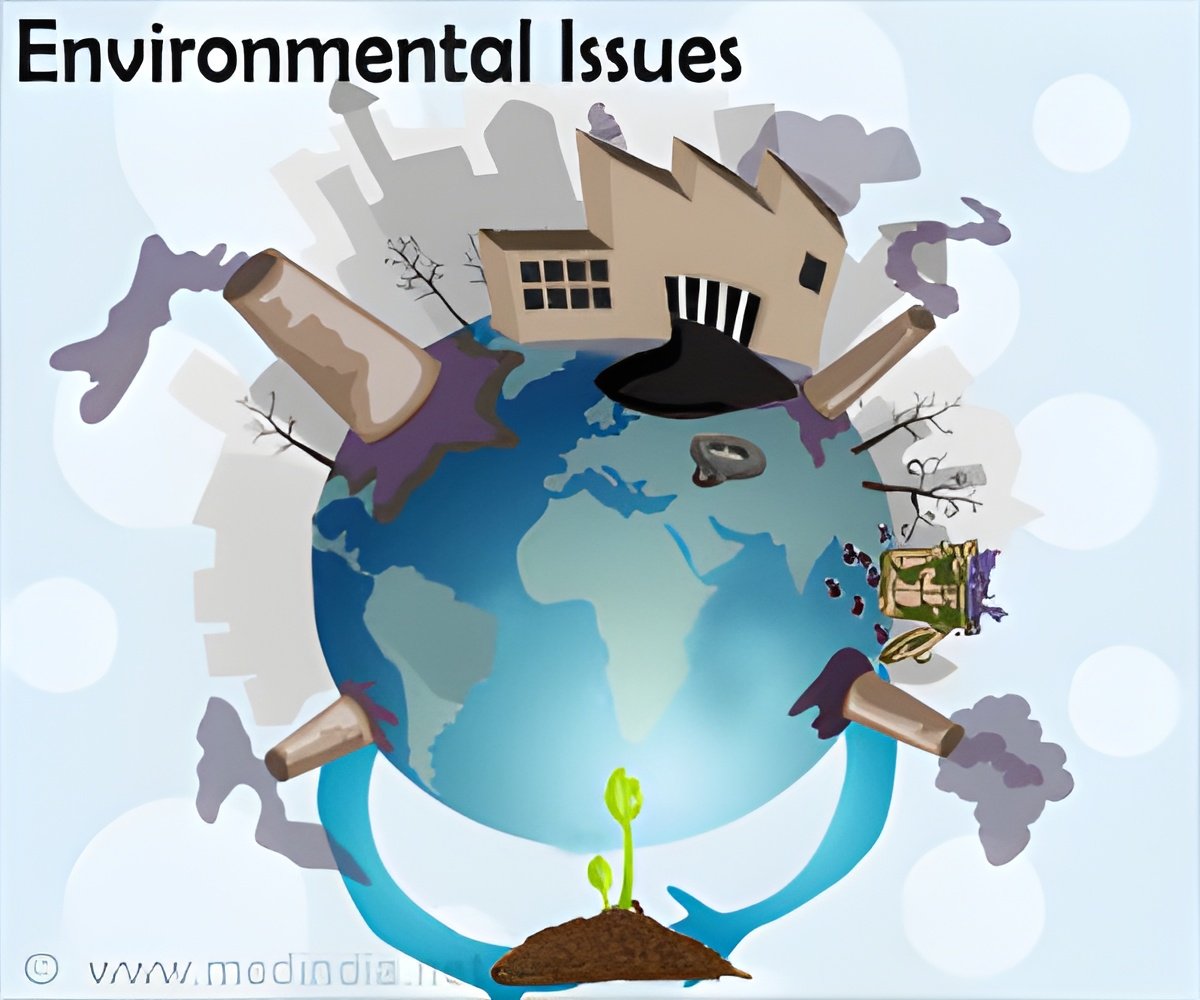
‘Reducing dependence on fossil fuels would benefit children's health and save the billions of dollars spent to remediate health problems due to air pollution and climate change.’
Tweet it Now
"The single most important action we can take for our children and their future is to cure our addiction to fossil fuel," said Perera, a professor of Environmental Health Sciences at the Mailman School. The commentary in Environmental Health Perspectives summarizes robust scientific evidence by CCCEH and others, concluding that by sharply reducing dependence on fossil fuels, children's health would benefit, and the billions of dollars spent to remediate health problems could be saved. All children would benefit, and especially poor children, who are most affected by toxics and stressors due to air pollution and climate change.
By reducing air pollution we will see fewer babies born at low birth weight, and fewer children suffering from asthma and neurodevelopmental problems such as lower IQ and ADHD. Lowered emissions of CO2 and mitigation of climate change will reduce the number of children dying as a result of floods and drought, and fewer children will suffer from heat stress, malnutrition, infectious disease, respiratory illness, and mental illness from displacement, social, and political instability.
Reducing dependence on fossil fuels is a "moral imperative," according to Perera. "We can advocate and we can act. We can cite the scientific and economic evidence and advocate for harmonized and holistic environmental and climate policies at the community, state and global health--policies that place the wellbeing of children at their center. In our individual lives, we can reduce our carbon footprints by avoiding burning in the home, by buying locally grown foods, driving energy-efficient vehicles and using public transportation where possible. And through our consumer power we can help shape markets toward green products produced sustainably."
Advertisement












